Non-Direct Workers in Social Care: Roles, Skills, and Importance
VerifiedAdded on 2023/03/22
|8
|408
|98
Essay
AI Summary
This essay provides an overview of the roles and interpersonal skills required for non-direct workers in the social care sector. It identifies key roles such as office staff, maintenance, and security personnel, highlighting their contributions to creating a safe and supportive environment for vulnerable clients. The essay emphasizes the importance of interpersonal skills for each role, including communication, problem-solving, and the ability to follow protocols. It references academic sources to support its claims about the significance of social support and action research in health and social care. Desklib offers a platform for students to access similar solved assignments and study resources.
1 out of 8


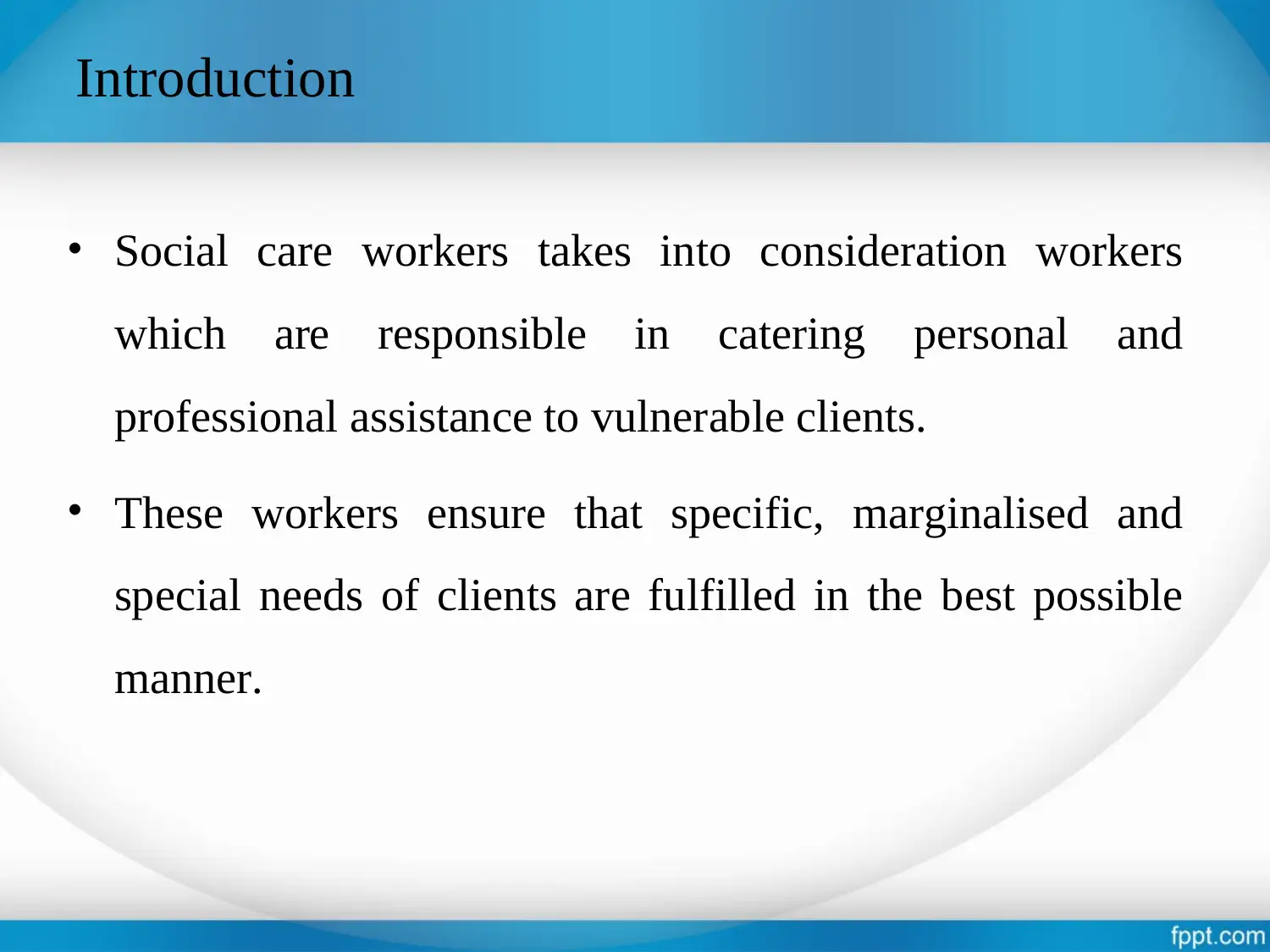


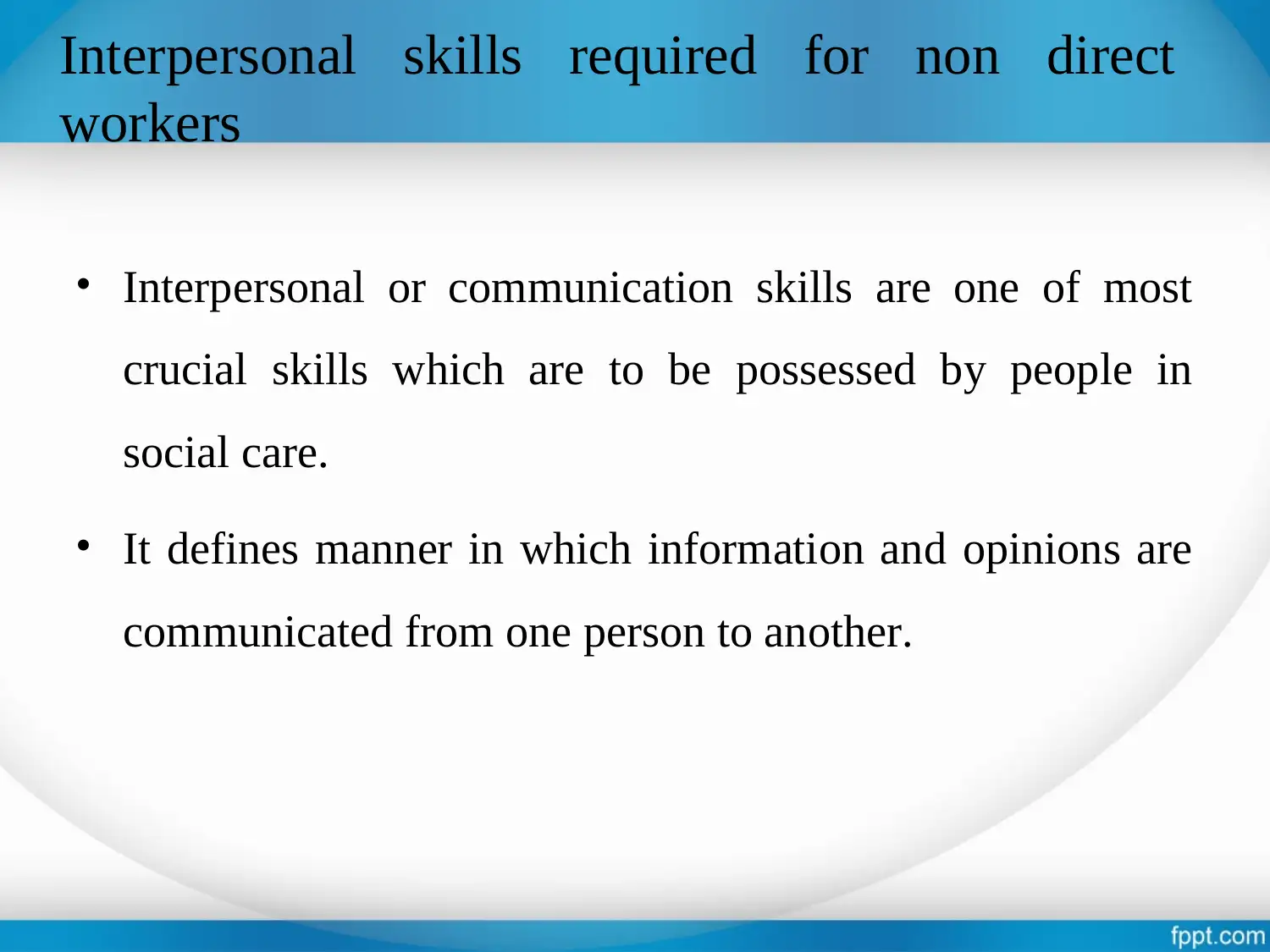
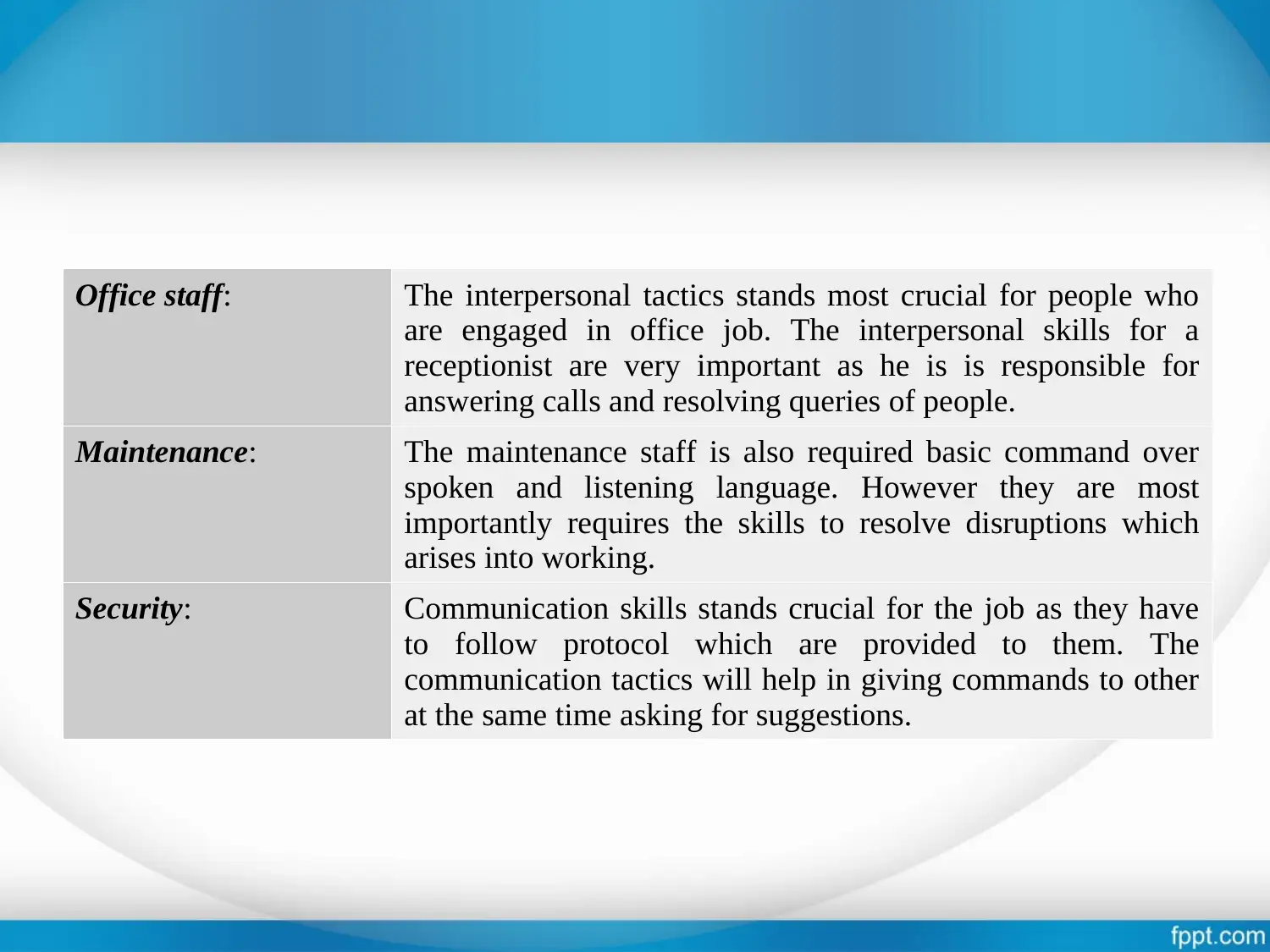
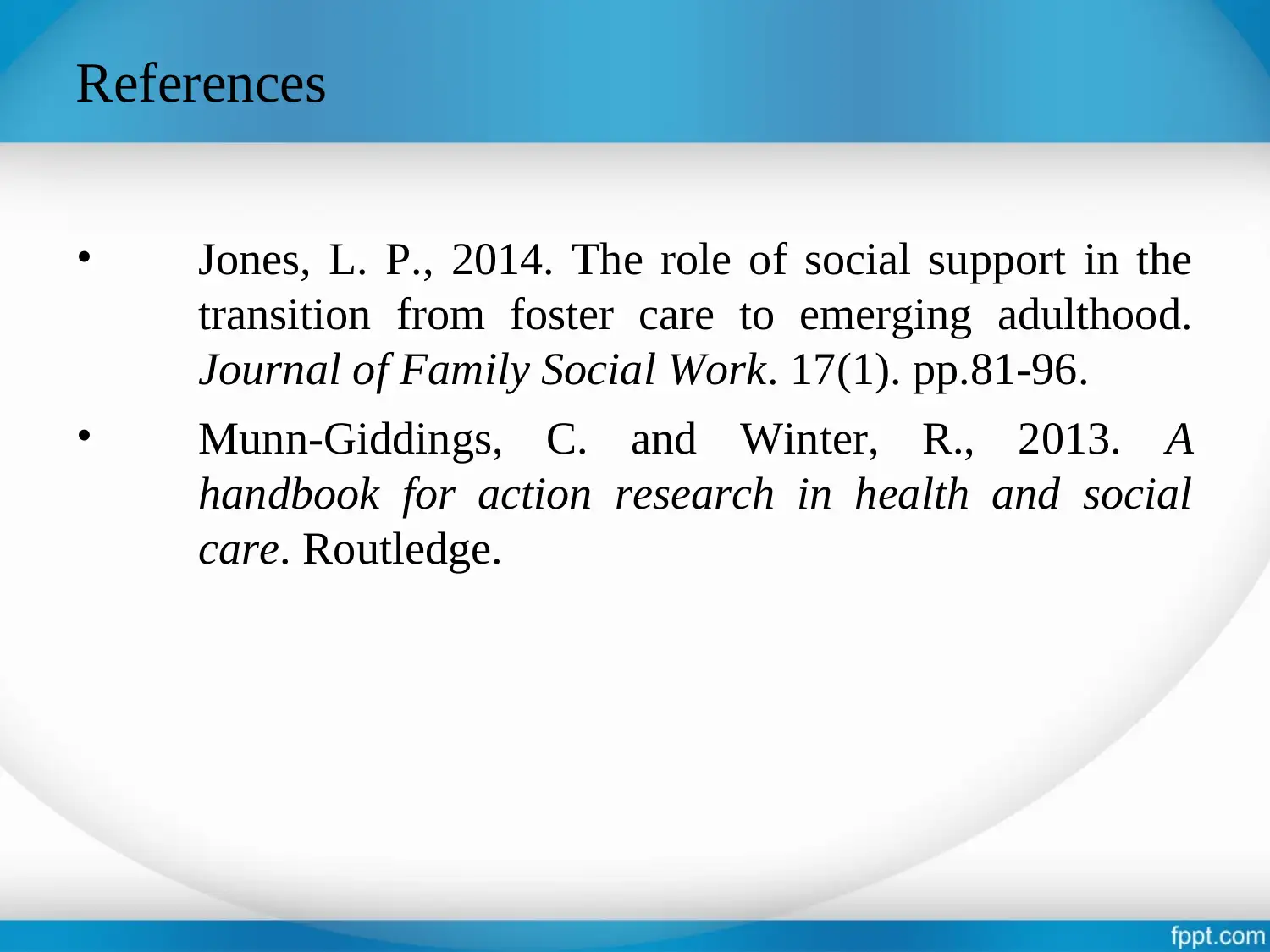
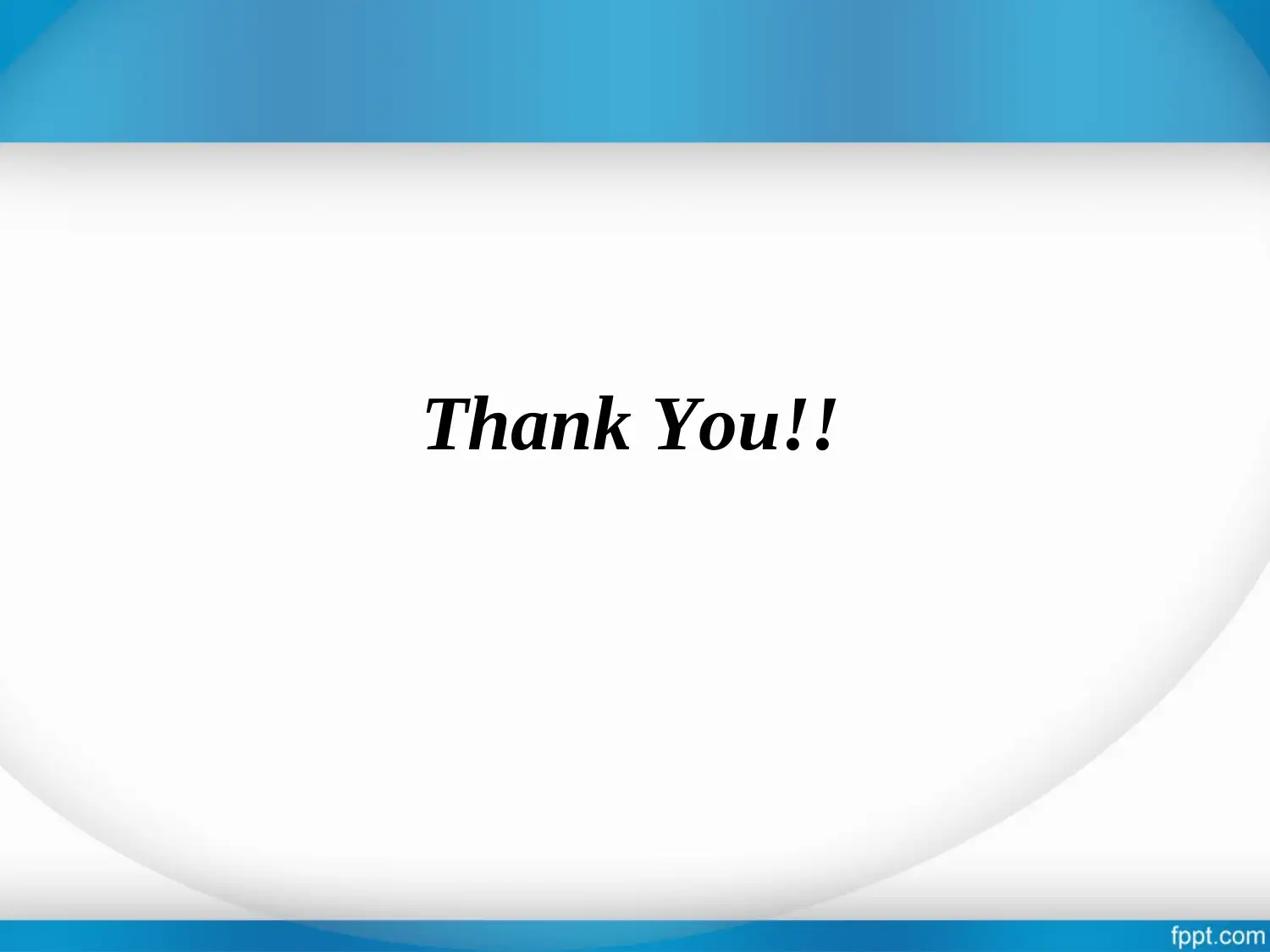






![[object Object]](/_next/static/media/star-bottom.7253800d.svg)